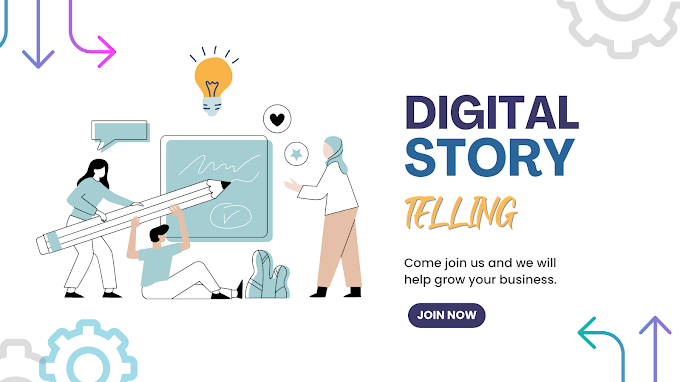The future of 5G in 2050
Introduction
The Future of 5g in 2050 Global Communications Technology 5G in 2050 has long been a buzzword in the technology world. With faster speeds, lower latency and higher capacity, 5G promises to revolutionize the way we connect and communicate. It can affect sectors such as healthcare and transportation, entertainment and manufacturing. In this article, we explore the transformative power of 5G technology in 2050 and its impact on different industries, ultimately creating a future like never before.
Unlocking the power of 5G
In essence, 5G is more than an improvement over its predecessor, 4G. This is a revolution in mobile communications. The technology operates in multiple frequency bands and uses the highest antennas to deliver data transfers up to 100 times faster than 4G. High speed and reduced latency (data transfer time) form the basis of many new applications in the industry.
Transforming with 5G in 2050
Healthcare: 5G will revolutionize healthcare by enabling remote surgery, real-time teleconferencing, and wearable devices that regularly monitor patients' vital signs. The low latency and reliability of 5G in 2050 networks will allow doctors to work on patients from great distances and bring specia The future of autonomous vehicles depends on 5G connectivity. Autonomous vehicles need to communicate seamlessly and imminently with other vehicles and infrastructure, increasing road safety and efficiency. In addition, 5G in 2050 will improve traffic management and enable intelligent transportation that optimizes traffic flow.
c. Entertainment: 5G will revolutionize the entertainment industry by offering free ultra-high definition video streaming, providing efficient and effective virtual reality with low latency, and enhancing cloud gaming as a working power. This technology will make fun of sci-fi only once in a while.
D. Manufacturing: 5G in 2050 manufacturing will usher in the era of Industry 4.0. Technology will enable monitoring and control of the business process, making it more efficient and effective. In addition, 5G supported IoT devices will facilitate monitoring and improve supply chain management.
e. Education: 5G will revolutionize education by enabling distance learning, virtual classrooms and video conferencing for interactive learning. This will increase access to education, particularly in underserved areas, and encourage international cooperation between students and teachers.
Enabling the Internet of Things (IoT)
The Internet of Things (IoT) is a network of connected devices that communicate and share information over the Internet. 5G will play an important role in driving the IoT revolution. As 5G in 2050 VVOther challenges include the security and privacy of data transmitted over 5G networks. As more and more devices are connected, the risk of cyberattacks and data breaches increases. Solving these problems requires cybersecurity measures and business models.
Conclusion
The future of 5G in 2050 promises to have the potential to transform the economy and create a highly connected world. With its unprecedented speed and low latency, 5G will revolutionize applications in healthcare, transportation, entertainment, manufacturing, education and more. As technology continues to evolve, addressing infrastructure, security and privacy issues will be critical to realizing the full potential of 5G. As we embark on this exciting journey, the future of 5G promises to bring us closer to a more social, efficient and innovative world.


















0 Comments